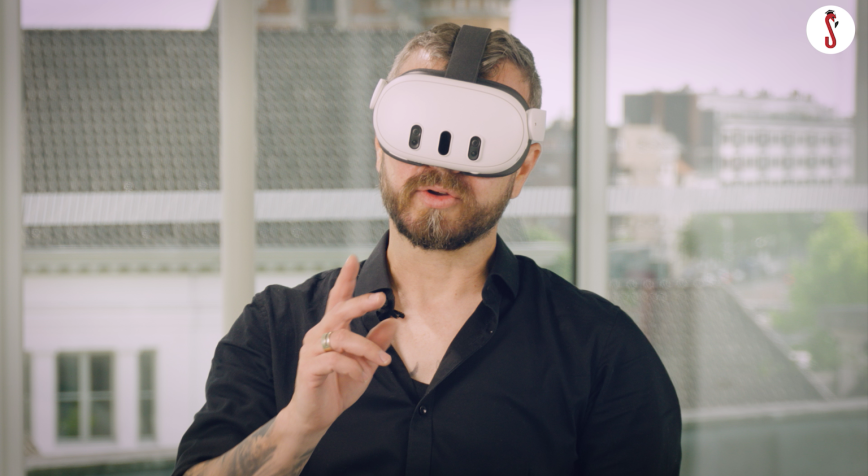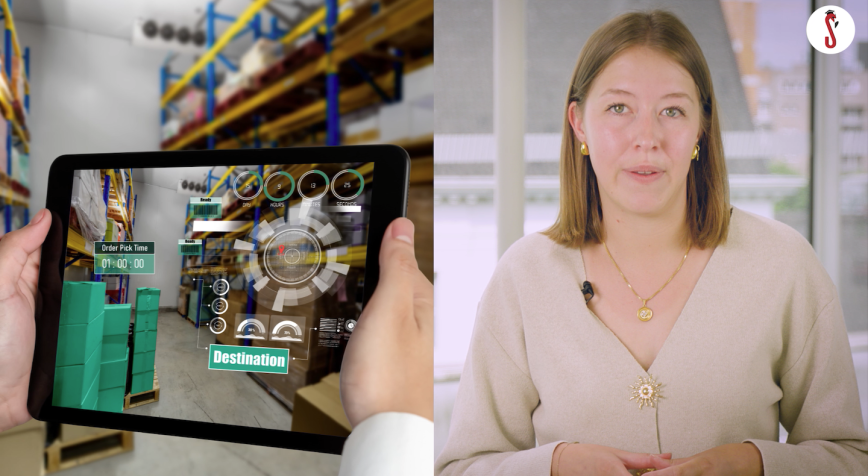
UAntwerpen
VUB
How waste-eating microbes could reinvent your beauty routine
Would you rub fossil fuels on your face? Because chances are… you already do.
Paulien Leemans explains how glowing skin doesn’t have to come at the planet’s expense. By reprogramming bacteria, she turns waste like used cooking oil into sustainable skincare ingredients. From greasy leftovers ... to glowing skin.
Paulien Leemans explains how glowing skin doesn’t have to come at the planet’s expense. By reprogramming bacteria, she turns waste like used cooking oil into sustainable skincare ingredients. From greasy leftovers ... to glowing skin.











